Socio-Cultural Urban Frameworks
Policy Dialogues Venue: Room 1 - Cine Alfredo Pareja Casa De La Cultura- Institut Africain De Gestion Urbaine (IAGU),
- United Nations Educational, Scientific and Cultural Organization (UNESCO).
- Annemieke Kievit-Nol Director Of Global Public Affairs AkzoNobel Global Communications Netherlands
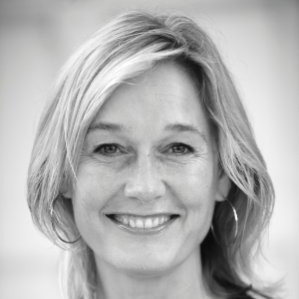
- Bogdan Brunon Wenta Member Of Committee On Development European Parliament Poland
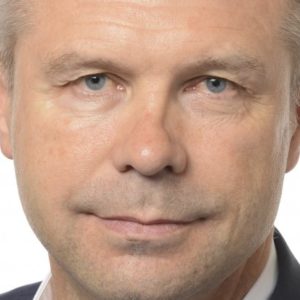
- Ede Jorge Ijjasz-Vasquez Senior Director Social Urban Rural And Resilience World Bank Group Colombia
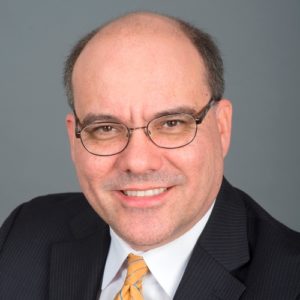
- Eduardo Rojas Lecturer In The Graduate Programe In Historic Preservation School Of Design University Of Pennsylvania Chile
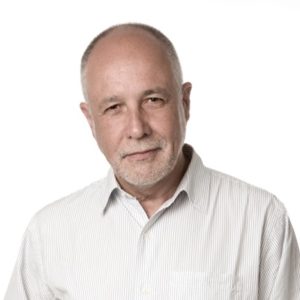
- Enrique Peñalosa Londoño Mayor Of Bogota Colombia
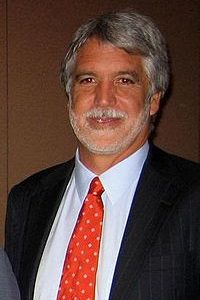
- Francesco Bandarin Assistant Director-General For Culture United Nations Educational Scientific And Cultural Organization (UNESCO) Italy
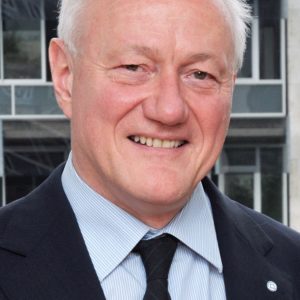
- Gustavo Meza-Cuadra Ambassador. Permanent Representative Of Peru To The United Nations Permanent Mission Of Peru To The United Nations Peru
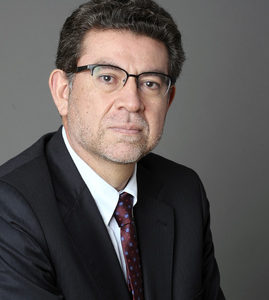
- Jordi Pascual Coordinator Committee On Culture United Cities And Local Governments (UCLG) Spain
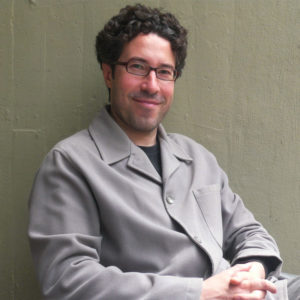
- Luis Tejada Director Spanish Agency Of International Cooperation For Development (AECID) Spain
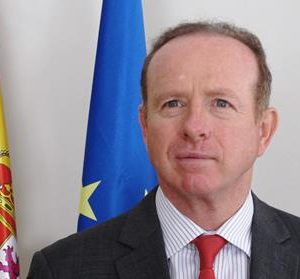
- Oumar Cisse Executive Secretary African Institute For Urban Management (IAGU) Senegal

- Richard Sennett University Professor Of The Humanities At The New York University And Professor Of Sociology At The London School Of Economics New York University United States of America
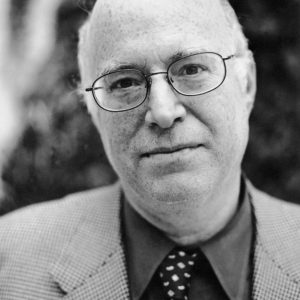
- Roland Ries Mayor Municipality Of Strasbourg France

- Sameh Wahba Director For Urban And Territorial Development Disaster Risk Management And Resilience The World Bank Egypt
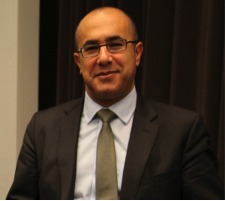
- Souad Zaidi Deputy Mayor Municipality Of Rabat Morocco

Socio-Cultural Urban Frameworks - role of culture for sustainable urban development
Currently, our world is experiencing an unprecedented rate of urbanization, with more than half of the world’s population now living in cities. As a result, urban areas are facing pressing challenges including quality housing, livable environments, creating inclusive public spaces and ensuring access to infrastructure and services for billions of urban dwellers, while controlling land consumption, environmental pollution, social disruption, hazards and risks. To address these challenges, a new approach to urban planning is necessary, one that fully integrates the potential of culture to preserve the quality of urban life, from heritage to creative expressions and industries, as part of our global mission to attain sustainable development. The social and cultural aspects of urban life embody the needs, wants and hopes of the people. Founded on the values and creative expressions of communities, the socio-cultural dimension needs to be acknowledged as an essential path to ensuring that cities of tomorrow are people-centred, inclusive, livable and resilient. Drawing from the unique experiences of speakers ranging from the fields of culture, tourism, urban development and governance the discussion will further expand on the key messages and recommendations proposed by the Habitat III Policy Unit 2 on "making cities safe, inclusive, resilient and sustainable", which will be reinforced by the New Urban Agenda.
Guiding Questions
· How can the integration of culture into urban development policies contribute to enhance social inclusion and combat urban violence in the context of the New Urban Agenda?
· How can local governments increase participation of all stakeholders in policy making processes?
· Given the implementation of the New Urban agenda, what strategies can be implemented to enhance access of all urban residents in cultural life and infrastructure, and what indicators should be developed to monitor progress in this respect?
· How can culture help to combat the standardization of cities?
· What initiatives can be led to reduce poverty through the promotion of the cultural and creative industries?
· How can socio- and cultural aspects contribute to the implementation of the New Urban Agenda, e.g. creating quality public spaces?
